Yesterday, Today and Tomorrow: Iranian Reporting Must Continue
Media Ought to Amplify Voices, Not Muffle Them
Weeks have passed since the death of Mahsa Amini, the 22-year-old Kurdish woman who succumbed to her injuries while under police custody. Yet, protests and vigils persist, organized to support those living under the current government of the Islamic Republic of Iran.
On Oct. 1, people gathered worldwide, including in Montreal, to express their frustrations about the human rights violations occurring in Iran.
“I have been feeling so many emotions in the past twelve days,” said protestor Azi Vaziri. “I’ve been feeling guilty, I’ve been feeling sad, I’ve been feeling angry. I’ve been feeling a lot of love and support from people who do show up and do post and do amplify the message.”
Mainstream media have been reporting on the ongoing issue in Iran since Amini’s death, but most of the reporting has been done by citizens themselves on social media. Twitter threads and hashtags are where their voices are amplified and reach other countries.
“Continue using the hashtags, continue spreading the message,” said Vaziri. “This [demand] is from the people who are in Iran, fighting right now.”
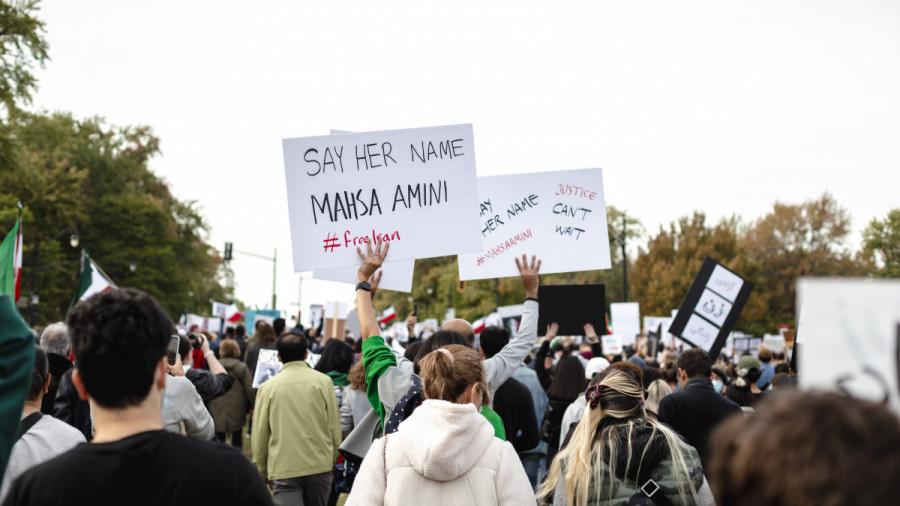
“It’s not just an issue about religion, about the hijab. It’s a women’s rights issue, it’s a human rights issue.” — Azi Vaziri
The issue is more than one woman’s death—it’s about anyone who voices their opinion against the restrictions forced on women by Iran’s current regime.
It’s Nika Shakarami, a 17-year-old whose body was found ten days after she was last seen being chased by authorities on Sept. 20 in Tehran.
It’s Hananeh Kia, a 23-year-old shot dead while walking back home from the dentist in Nowshahr on Sept. 21.
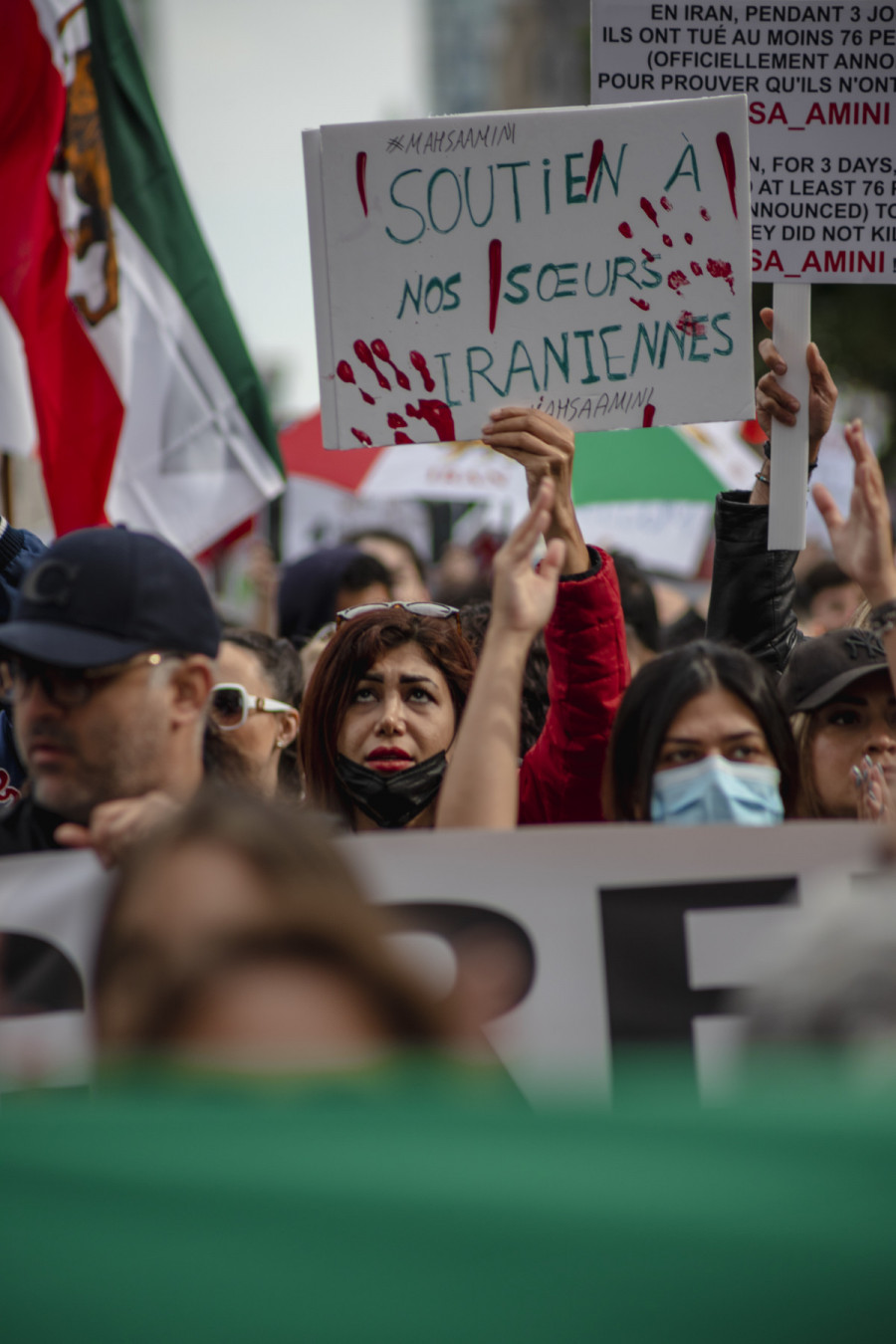
It’s Minoo Majidi, a 62-year-old mother of two, shot while protesting for Mahsa Amini in Kermanshah on Sept. 20.
It’s Hadis Najafi, a 22-year-old TikToker shot dead while protesting Masha Amini’s death in Karaj on Sept. 21.
It’s Sarina Esmaeilzadeh, a-16 year-old student who died in Karaj on Sept. 23. Police reports say she died by suicide, yet Amnesty International says she was killed by repeated hits to the head with a baton in Karaj on Sept. 23.
A.H., a protestor who did not want to share their name to protect their family and friends in Iran, shared Vaziri’s feelings about witnessing so many people coming together in reaction to the situation.
“I think it’s one of the biggest feminist and human rights movements happening around the world,” A.H. said. They also explained that while many people in Iran might want a drastic change in the situation, such a fast change will likely not be sustainable.
“We had the revolution before [in 2009], and that was a rapid change,” A.H. explained. They added that the situation quickly developed into something the population did not like. “We need a stable, peaceful change, in my opinion.” For A.H., stability and peace will hopefully bring long-lasting, sustainable changes.
“When it’s no longer new, it’s no longer reported as news. We need that journalistic integrity to keep pushing and keep digging and keep figuring out why politicians aren’t really doing anything.” — Azi Vaziri
“People [in Iran] are not asking for a regime change from an external point of view—they’re going to do that on their own,” said Vaziri. “They’re already fed up. They just want the world not to forget.”
Vaziri explained that media outlets should be held responsible and accountable for their reporting and coverage. “When it’s no longer new, it’s no longer reported as news,” Aziz added. “We need that journalistic integrity to keep pushing and keep digging and keep figuring out why politicians aren't really doing anything.”
Arsho Toubi, who protested alongside Vaziri, remarked that thorough reporting also applies for governments and the various laws and treaties they sign.
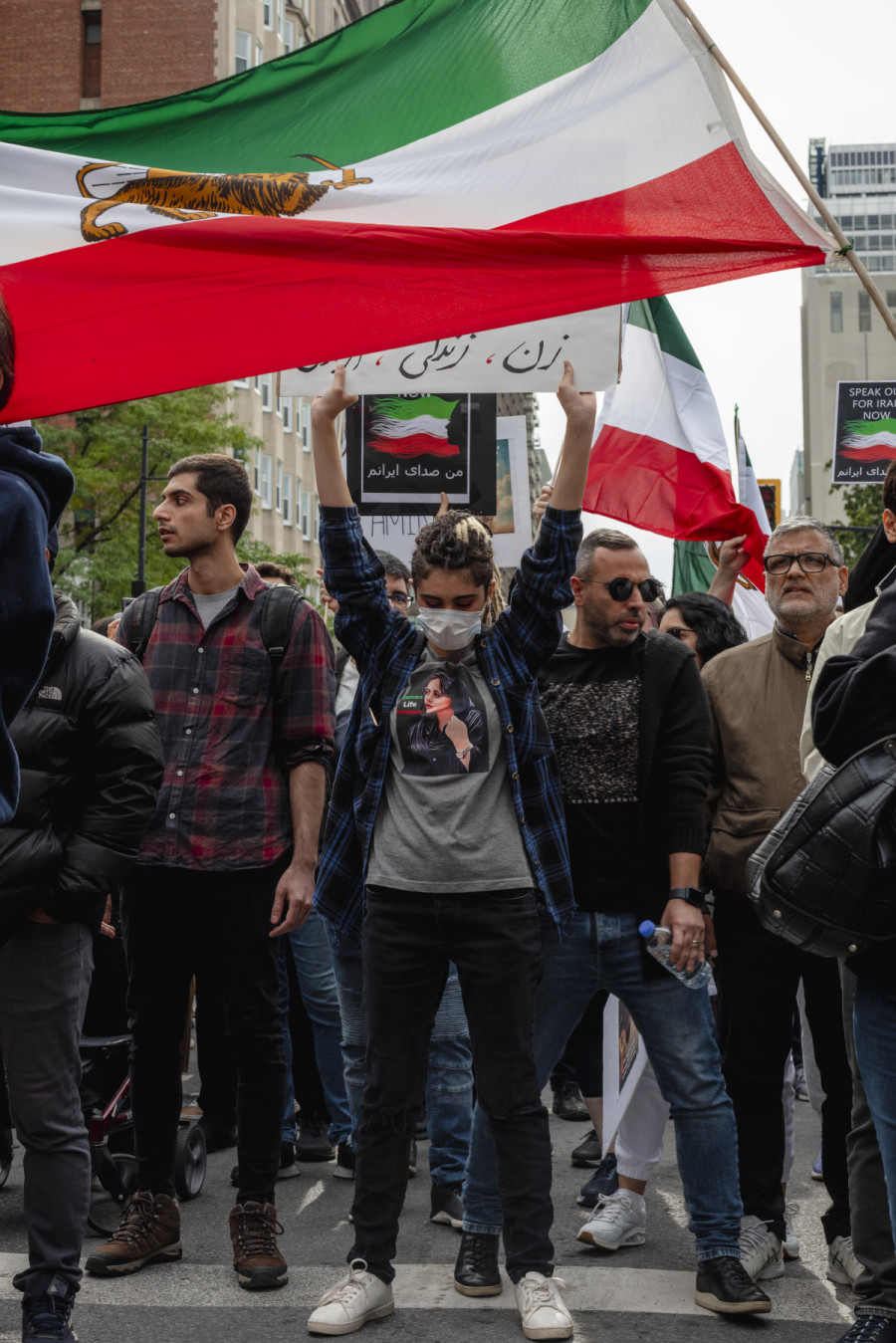
People in Montreal have been living in a bubble of relative peace and democracy for generations, Toubi stated. “They’ve never known any real difficulty, like life-challenging events the way that a lot of people in the rest of the world have known,” she added.
This difference in realities only enhances the need for accurate media reporting, explained Vaziri. “Stay informed, and get out, and amplify the messages as much as possible,” she said. Studies and reports from organizations like Amnesty International and Human Rights Watch do come out, but it takes time to gather the data and conduct a proper analysis, Vaziri explained.
According to her, it is up to everyone to keep on top of this issue. “This does not pertain to one country necessarily,” she said. “There are other places in the world where this is happening to women, to young people, [...] to freedom of speech.”
The latest Amnesty International report discloses only a fraction of the inequalities and increasing instability happening in 154 countries, including Iran. “It’s happening there and it will happen here one day,” said Toubi. “You need to care about all of it.”
This article originally appeared in Volume 43, Issue 4, published October 12, 2022.

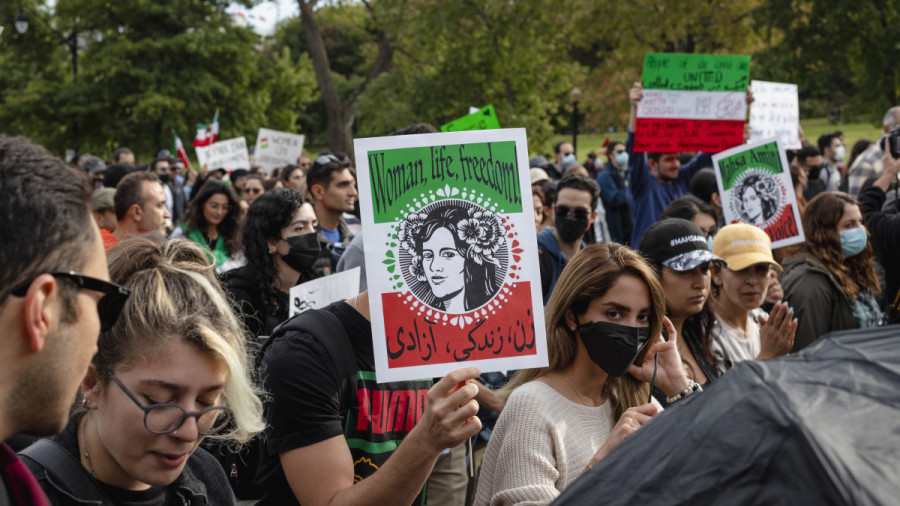
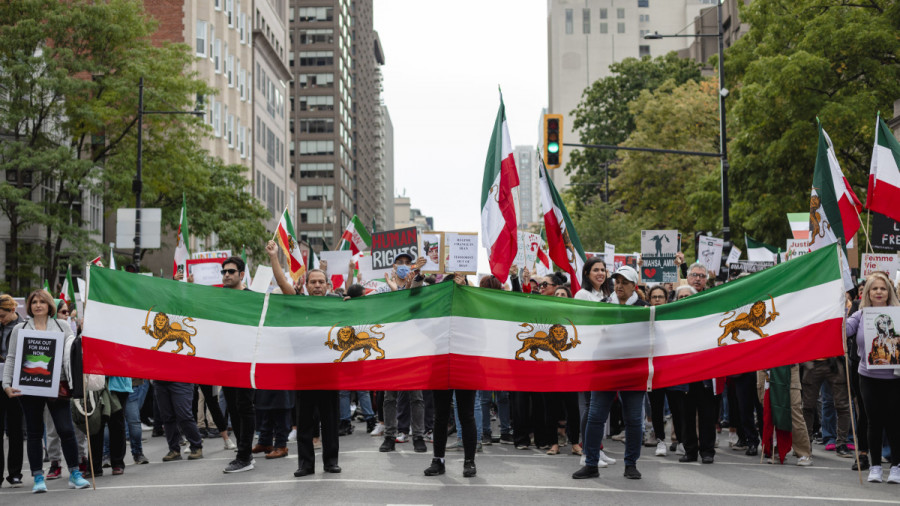
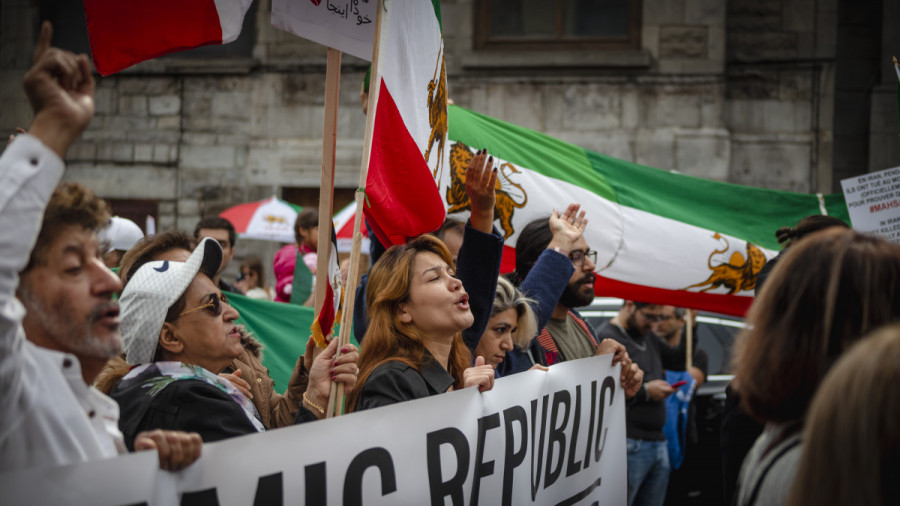
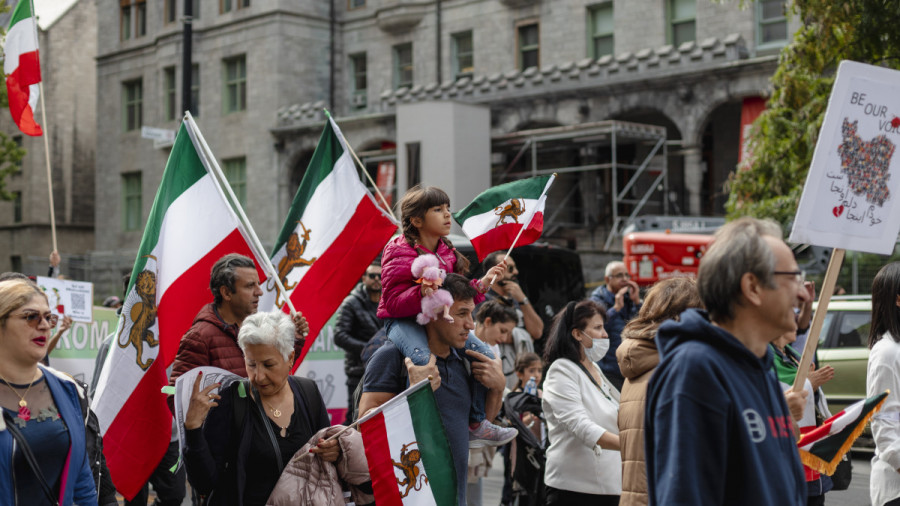

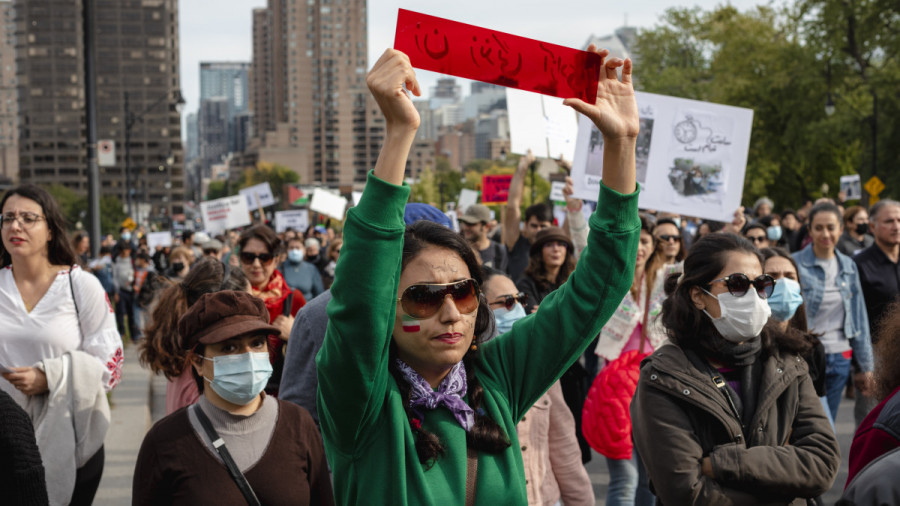


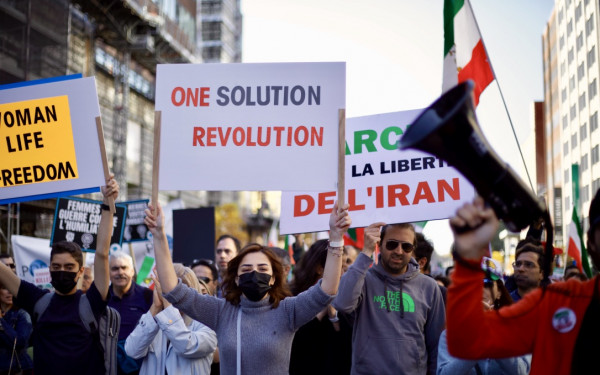
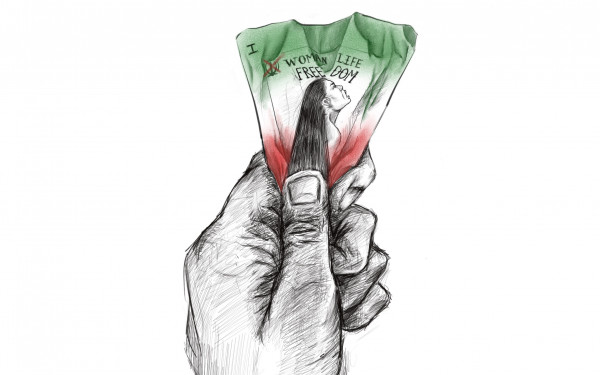
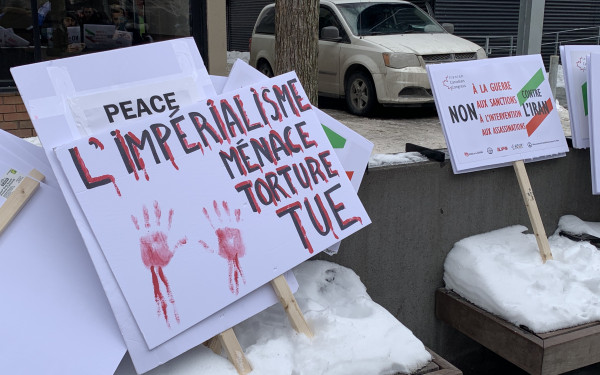
_600_375_90_s_c1.jpg)